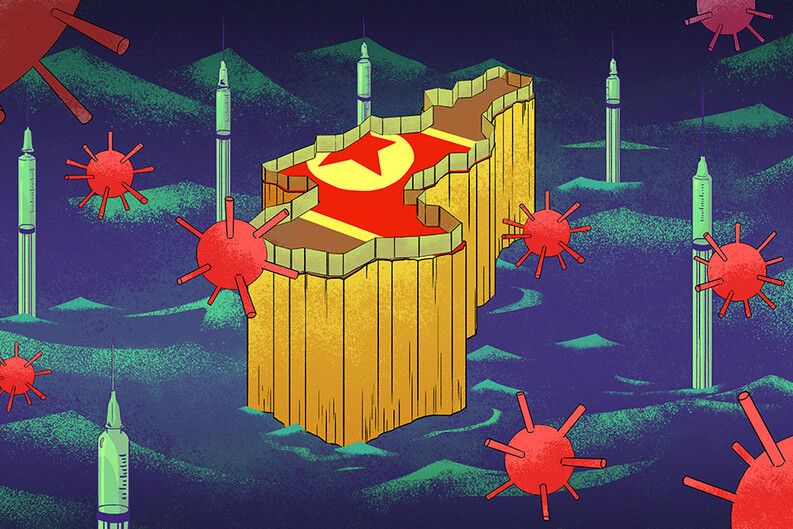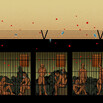The COVID-19 Global Order

By Marc DuBois & Jason Phillips
Across the globe, COVID-19 pandemic discussions have shined up the word “isolation,” bringing it to new prominence as a positive form of protection. Yet old and more negative connotations do not so easily disappear: No man is an island. So said John Donne. Yet it may be that the Covid-19 pandemic has left more than one wishing it could be an island. This is New Zealand envy.
Not coincidentally, the word isolation itself derives from the Latin insula, which means “island.” In the case of New Zealand and many other nations that closed borders and pulled up drawbridges, state-level isolation has become a strategy not to keep the sick in and away from the healthy, but to keep the sick out4. States have been choosing isolation as a means of shielding for centuries — witness the persistent fascination with wall-building5 — yet the political practice has become more generally viewed in negative terms, a thorn of nonconformity in the side of our globalized international order.


